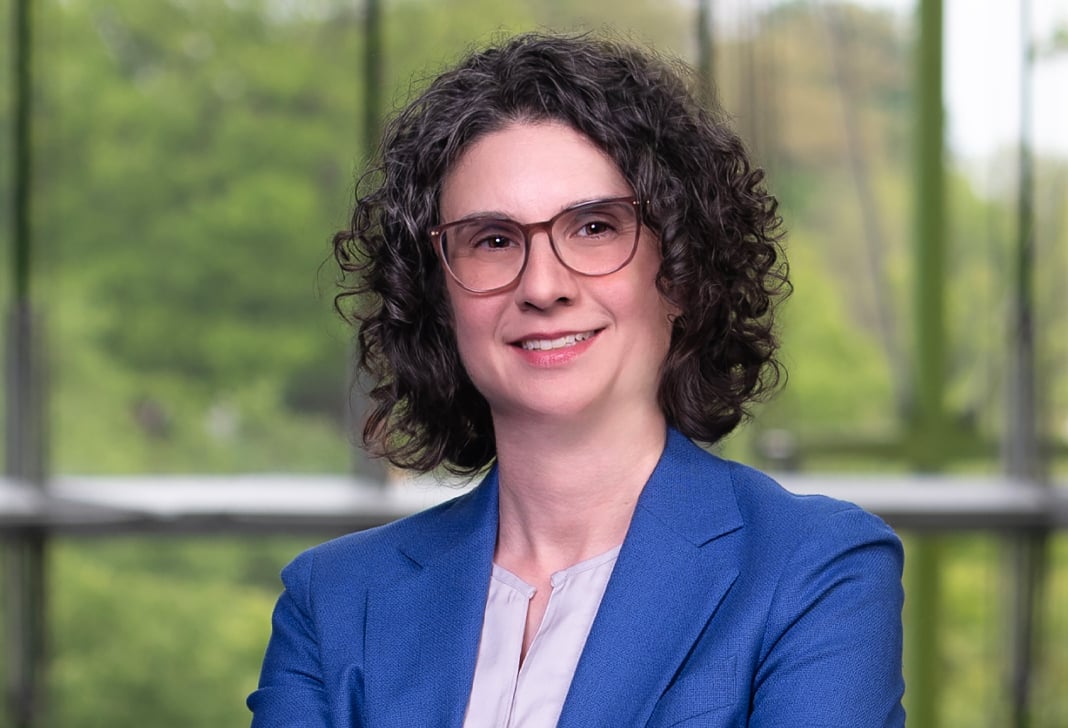
Federal Court in California Denies Remand of Climate Change Litigation
In Short
The Situation: In what may portend the beginning of the end to the latest chapter of U.S. filed state law "global warming" or climate change litigation against industry, a federal court in San Francisco denied a motion to remand two of those cases on the ground that those claims are to be governed by federal common law.
The Development: The complaints alleged that the world's five largest investor-owned fossil fuel entities marketed and produced fossil fuels with knowledge that those fuels would and did create a public nuisance by causing various environmental impacts, and the court should require that they abate those impacts through the creation of an abatement fund.
Looking Ahead: The district court's decision should prove to be a useful and persuasive precedent for defendants joined in pending and future cases that these type of claims are removable to federal court and ultimately should be dismissed on the merits because applying state law would be inappropriate under U.S. Supreme Court precedent.
In two so-called "global warming" actions, the cities of Oakland and San Francisco brought public nuisance claims in California state court against five of the top cumulative producers of fossil fuels worldwide, as measured by their historical production. The plaintiffs claim, among other things, that the defendants marketed and produced fossil fuels with knowledge that those fuels would and did create a public nuisance by causing various environmental impacts, including sea-level rise and flooding in the cities. The defendants removed the cases to the United States District Court for the Northern District of California. In The People of the State of California v. BP P.L.C, the district court denied the plaintiffs' motions to remand the proceedings back to state court but certified the issue for interlocutory appeal because the issue is a controlling question of law where there is the possibility for difference of opinion.
The court held that the cases should remain in federal court because they are necessarily governed by federal common law. The court explained that the application of federal common law, over state law, is appropriate in resolving interstate and international disputes. The plaintiffs' claims address "global warming," which has a national and international cause and effect. The U.S. Supreme Court and the Ninth Circuit have already held that such claims are just the type that require one national comprehensive standard of decision governed by federal common law.
In reaching its conclusion, the court disagreed with all three arguments raised by the plaintiffs in support of state jurisdiction. First, the plaintiffs attempted to distinguish the previous Supreme Court and Ninth Circuit precedent arguing that those cases involved direct emitters of air pollution while the instant matters involve the sellers of the product to be emitted. The court admitted that the plaintiffs raise novel theories of liability but held that these novel theories do not change the fact that global warming is a problem that spans boundaries, necessitating a uniform solution.
Second, the plaintiffs argued that, pursuant to the Supreme Court and Ninth Circuit precedent, the Clean Air Act displaces the federal common law in these cases. The court explained that the plaintiffs' novel legal theory is exactly the reason why the Clean Air Act does not displace the federal common law in these cases. The Clean Air Act regulates and speaks directly to the emission of air pollutants. The defendants in these cases are not emitters but suppliers of materials that are ultimately emitted.
Finally, the court held that the well-pleaded complaint rule does not bar removal because plaintiffs' claims rely on global issues and, thus, arise under federal law.
Six other suits raising claims related to global warming were filed in California state court by other California cities and counties against fossil fuel companies. The defendants removed all six cases to the Northern District of California as well, and the plaintiffs have moved to remand all of them. The other suits have been assigned to another judge in the district, Judge Chhabria, but the defendants in these suits will likely argue that this court's decision is useful and persuasive precedent for why the other suits should remain in federal court. However, a court may find that these other suits are distinguishable from the suits brought by Oakland and San Francisco because, as noted in the opinion, these other suits assert additional claims against additional defendants.
Regardless, the parties will likely have to wait to see the results of the inevitable interlocutory appeal of this decision. However, pursuant to the opinion, the certification does not itself stay the cases by Oakland and San Francisco.
Two Key Takeaways
- Public nuisance suits brought by cities in California against fossil fuel producers for impacts of "global warming" should remain in federal court because they raise national and international issues that should be governed by federal common law.
- This ruling is likely to be used by defendants in other similar suits as useful and persuasive precedent that all such suits should be governed by federal common law and ultimately dismissed.



